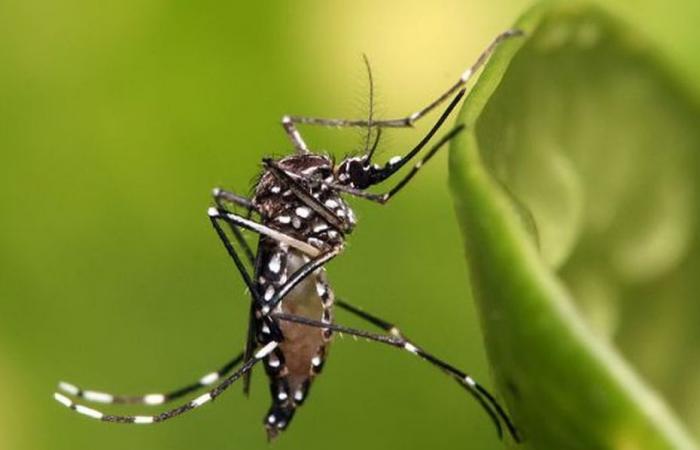According to Public Health France, epidemiological indicators are still in red. In the week of April 21 to 27, the number of consultations for Chikungunya remains high, as is the number of transitions to the emergency room. The human assessment could also increase, 20 additional deaths of which that of an infant could be attributed to the virus.
Chikungunya’s epidemic still circulates intensely throughout the territory. Despite a slight downward trend of certain indicators in the week 17 (April 21 to 27), including emergency passes, the activity for Chikungunya is maintained at a very high level. The risk of complications concerns fragile people in infants, the elderly, people with chronic pathologies and pregnant women in whom the disease can be serious.
With more than 23,300 consultations estimated in week 17, Chikungunya represents one in five exams practiced in city medicine firms.
At the same time, Public Santé France observes a decrease of 15 % in the number of transitions to emergencies (332 against 389 the previous week). Note that as a function of geographic areas, the tension on emergency services is not the same. The number of consultation at the North CHU is stable when it tends to decrease in hospital groups in the West, South and East.
To date, 57 serious cases (that is, having presented at least one organ failure) have been reported. These were 33 adults over 65 and comorbides, 3 people under the age of 65 and with comorbidities and 21 infants under 3 months old.
Since the start of the year, 9 people have died because of chikungunya. These patients were all over the age of 70 and bearers of comorbidities but investigations are underway concerning 20 other deaths including that of an infant. These deaths are likely not to appear in the final assessment, if the investigation concludes that there is no link with chikungunya.
-Given the three deaths linked to vaccination that occurred between April 23 and 25, the Ministry of Health is based on the recommendations of the High Authority for Health and excludes from the vaccination campaign over 65, presenting or not comorbidities. For the rest of the population, the IXCHIQ vaccine remains recommended by the health authorities to fight against chikungunya. A doctrine widely disputed by health professionals in the territory who have suspended vaccination. IXCHIQ also faces a lifting of shields from the political class.
MP PLR Karine Lebon asks a question to the government:
The Minister of Health’s response, Yannick Neuder:
To fight against chikungunya, prevention remains essential. The measures are based on the elimination of stagnant waste and waters (favorable to the formation of larval lodgings) and the prevention of mosquito bites (long clothes, repellents, mosquito nets).








